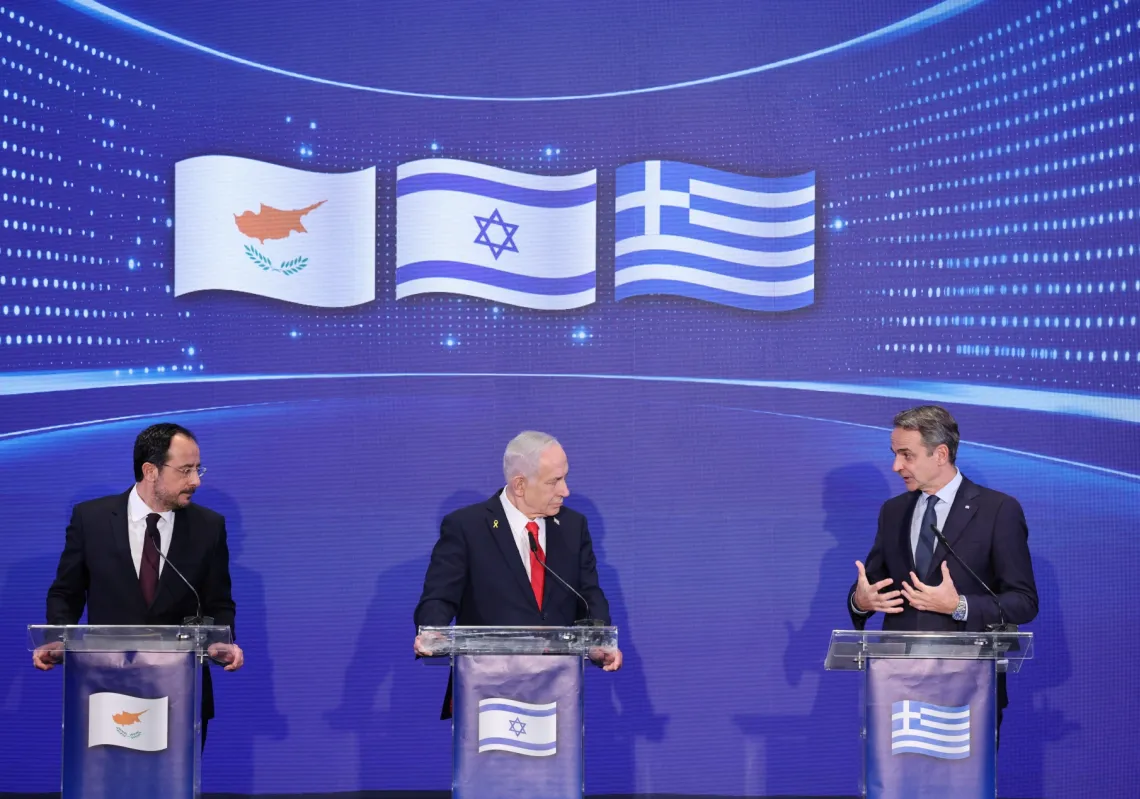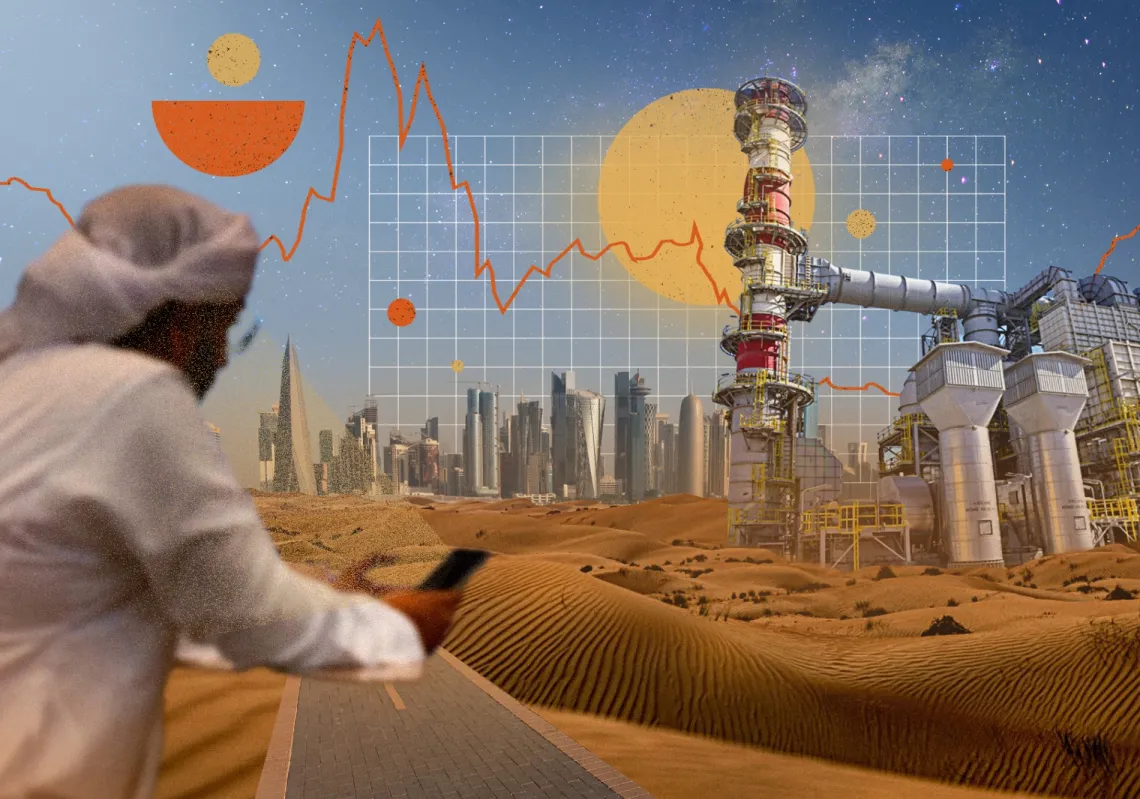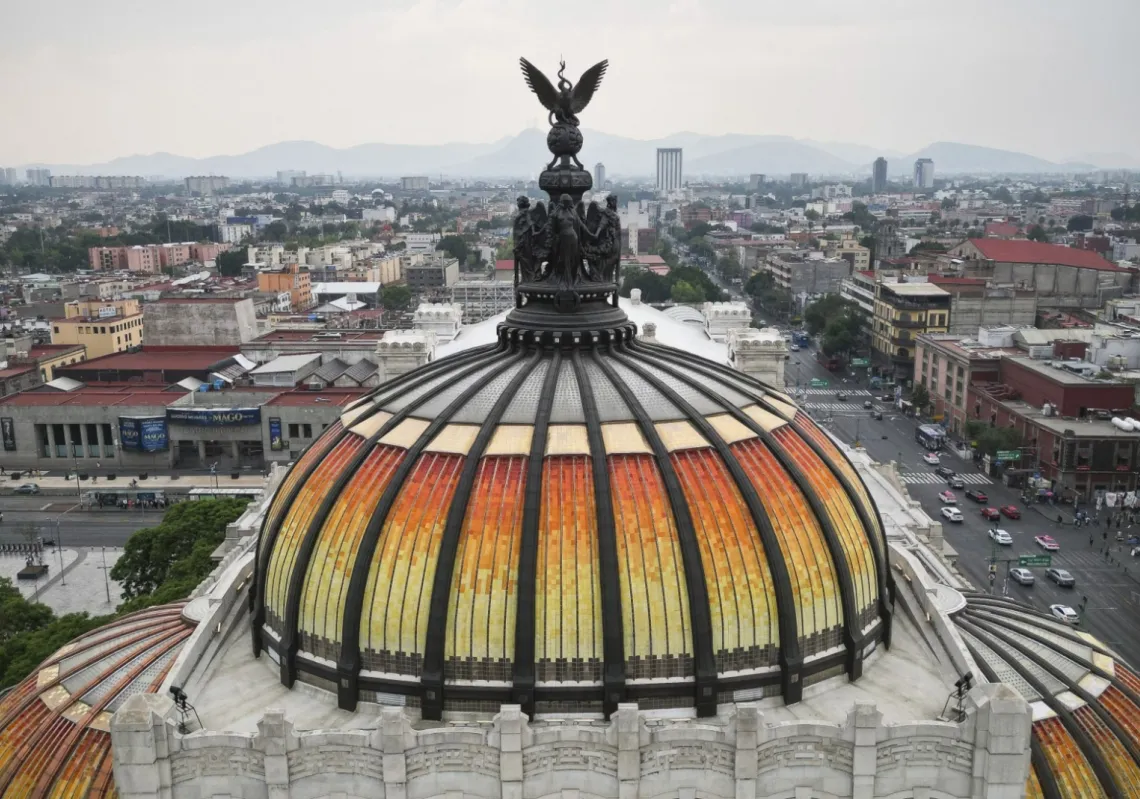 Opening night of Syria Speaks tour at Rich Mix in London, Wednesday June 11, 2014. (Tam Hussein) [/caption]
Opening night of Syria Speaks tour at Rich Mix in London, Wednesday June 11, 2014. (Tam Hussein) [/caption]
When the revolution broke out in Syria, most Western media welcomed it as a genuine revolt of the people against an oppressive dictatorship. More than three years on, that narrative has shifted. Instead of cheering on the opposition, some analysts and policymakers are now debating whether it would be more effective to negotiate with Syrian President Bashar Al-Assad, a known quantity, instead of the myriad opposition groups. This reassessment and the increasingly violent nature of the conflict has meant that many Syrian voices have fallen by the wayside. It is this discounting of some of the creative participants in the uprising that the Syria Speaks events, taking place across cities in England this week, seek to redress.
The tour of leading Syrian artists launches the anthology Syria Speaks: Art and Culture from the Frontline, a collection of creative resistance including poems, songs, cartoons and photographs. The paperback includes the work of more than fifty artists and writers and is an attempt to highlight the different voices within Syrian society that have challenged the culture of violence in the conflict.
Many of those featured had largely disappeared from the scene since the start of the revolution. Some are still recovering from torture. The contributors include novelists Khaled Khalifa and Samer Yazbek, poet Rasha Omran, cartoonist Ali Ferzat , finger puppeteers Masasit Mati, poster collective Alshaab Alsori Aref Tarekh (The Syrian People Know their Way) and cinematographer Khalil Younes.
On the opening night of the tour at East London venue Rich Mix, one of the speakers, Robin Yassin Kassab, a journalist and author of The Road from Damascus, is restive, and communicates despair at the way the conflict has developed. Others, such as Khalil Younes, seem to oppose Assad’s government from the lofty heights of Damascus’ Qasioun mountain; he looks down on the conflict and reflects on the events from a distance.
And then you have Khalifa. It is difficult to know what to make of him. The award-winning Damascus-based novelist is bristling with irreverence. His novel In Praise of Hatred, first published in 2006, was banned in Syria and dealt with the sectarian strife that followed the crushing of the Muslim Brotherhood in the 1980s.
Following the revolution in 2011 there was an explosion in creative resistance by Syrian artists, many of whom are now based outside the country. In many ways Khalifa represents another breed of artist, one who long ago learned the right lexicon to evade the wrath of the Syrian government. Khalifa occupies this purgatory state: he opposes the government while living in its shadow, knowing he is treading a very fine line.
Despite Damascus being under lockdown, the sheer impertinence of the man suggests that cultural activity in the city is still alive. The fact that he is doing a reading of his latest work in the UK suggests that even in Damascus there are people who seemingly manage to bypass the security crackdown and safely travel in and out of the country.
Khalifa’s exuberance is infectious. He talks of how he still manages to sit in the same café he has frequented for eleven years, writing about the country’s darkest moments. With a smile full of mischief he explains how he has come to an agreement with the government censors. Instead of trying to dodge them with subtle and clever stories, Khalifa knows that the sheer notoriety of his work means it will somehow reach the Syrian people. He grins as he points out that even the wife of the chief censor is a fan of his work.
Whether Syria Speaks is reflective of the reality on the ground remains to be seen, but what is refreshing is that events such as these show that Syria still has non-violent, creative voices.
[divider]
The Syria Speaks tour runs from June 11–June 16, with events in London, Bristol, Oxford, Liverpool, Bradford and Durham. The book Syria Speaks: Art and Culture from the Frontline is set to be released on June 16.









